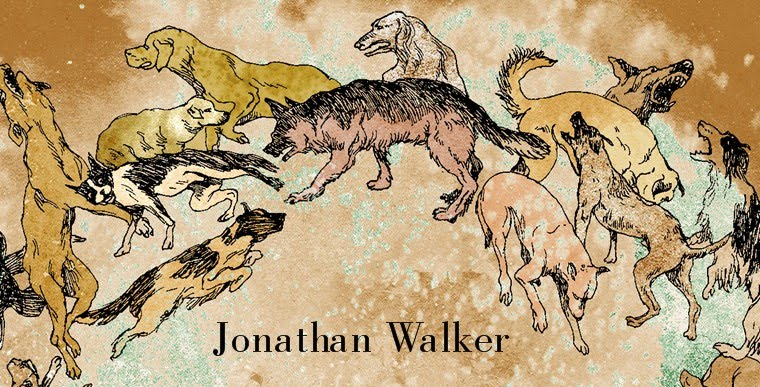Michael Fried: Yes. What struck me in [your] landscape photos ... is that I felt something intensely empathic about, for example, the way they depicted the unevenness of the ground. And about the way in which they treated the whole question of relative distance. It had to be read. I mean I was keenly aware of the visual work I had to do to make my way imaginatively through the photos, to figure out distances, to read scale relations. Let's say there is something at a certain distance, it might be a big rock or it might be a smaller one. Everything depends on whether it is a big rock at 800 yards or a small rock at 75 yards, and those photographs don't immediately deliver that information. They make you work for it, and I came to feel that the labor of construal they forced me to do was implicitly physical, if you see what I mean. It was more than just mental, it was equivalent to imagining myself having to physically negotiate that space. So they were for me extremely interesting photos precisely with respect to the issue of bodiliness and empathy. Also, they made me register the unevenness of the ground in a more than strictly visual way -- the way I would have done had I been walking on it, climbing that slope, or coming back down.
From the recent Phaidon volume on Stephen Shore





